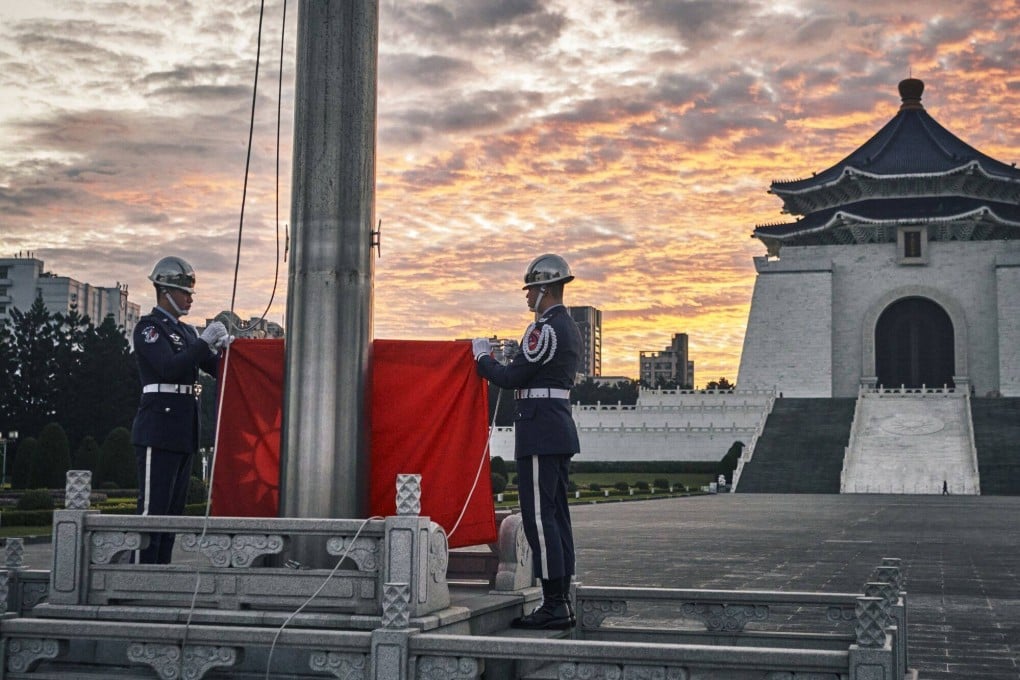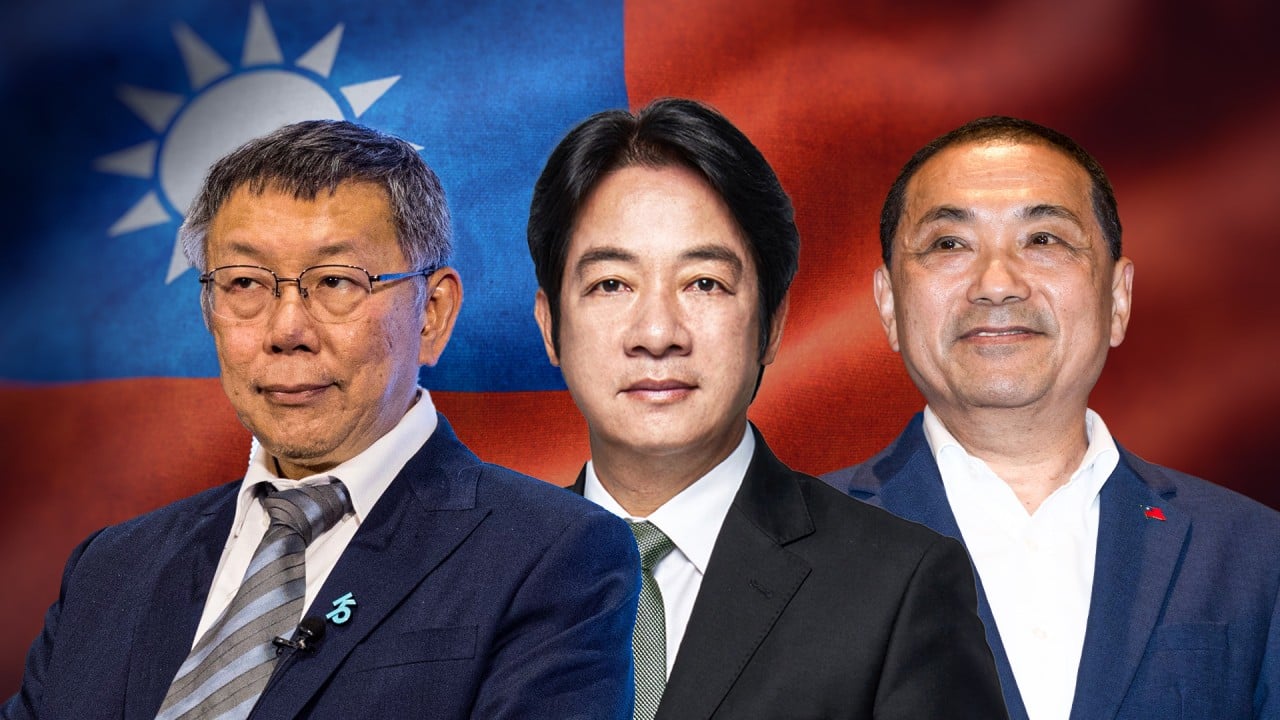Explainer | Why does Taiwan matter so much to both mainland China and the US?
- The island’s presidential election on Saturday emphasises the importance of its strategic location, world-leading chip industry and other geopolitical factors
- Bringing Taiwan under Beijing’s control and ‘reunifying’ China is part of President Xi Jinping’s ‘national rejuvenation’ goal

Washington views Taiwan as a bastion of democracy next to autocratic mainland China and a strategic foothold for a peaceful Asia-Pacific. Though, like most other countries, it does not see the island as an independent state.
Beijing sees Taiwan as its own and the issue of Taiwan as a red line that must not be crossed or interfered with by foreign parties.
Why is Taiwan’s location important?
Taiwan is near the Taiwan Strait and the South China Sea, one of the world’s busiest shipping routes. They link northeast Asia with the Middle East and Europe, allowing the trade of food, energy sources, natural resources and consumer goods. Experts have argued a conflict in the area would seriously disrupt global trade and drive up prices.
Beijing sees the island chain strategy as a way to contain mainland China. The PLA has been trying to defy the island chain’s limits with new transport planes, strategic bombers, aircraft carriers and cruise and ballistic missiles that can strike a target more than 1,000km (621 miles) away.
Why does Beijing want Taiwan under direct control?
The Qing dynasty (1644-1911), the last imperial Chinese dynasty, ceded Taiwan to Japan in 1895 after losing a war. In 1945, the KMT, which ruled China at the time, gained control of Taiwan after Japan was defeated in World War II. The KMT moved its capital to Taiwan after losing the civil war to the Communist Party on the mainland in 1949.

